Sustainability at Helena Agri-Enterprises
At Helena, sustainability is not just a goal — it’s embedded in everything we do. As we work to support agriculture and the people who make it possible, we’re committed to making choices that protect our planet, empower our people and contribute to a resilient, thriving future for all. Guided by three pillars — People, Products and Knowledge — we believe in sustainability as a shared responsibility and an ongoing journey.
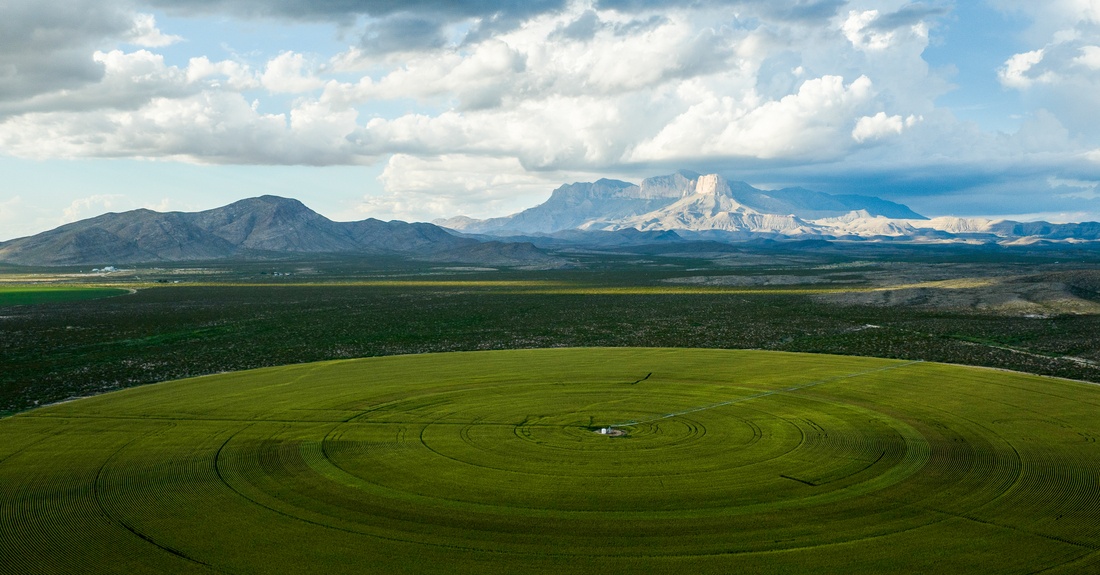
- We believe that people are our greatest asset — both our team and the farmers and land managers we serve. Whether they’re out in the field, in research facilities, or directly assisting growers, their dedication and passion drive us to continuously improve. Together, we are fostering sustainable practices that benefit everyone, from the communities we operate in, to the end consumers of our products.
- To ensure our customers can grow resilient, productive crops, we focus on developing and providing products that are not only effective but also align with our sustainability goals. Through our Products Group and Manufacturing Business, we prioritize best-in-class technology and innovative solutions that support responsible, sustainable cropping systems. By investing in product quality and environmental stewardship, we help growers succeed while minimizing our ecological footprint.
- Sustainability is a journey best traveled with knowledge in hand. At Helena, we prioritize delivering accurate, actionable information to our customers, whether through data management, record-keeping, or educational initiatives like seminars, newsletters, and podcasts. Our commitment to knowledge sharing helps growers make informed decisions, optimize resource use, and implement sustainable practices on their farms.
Our vision is clear: to be the preferred link in the supply chain for those who grow food, fiber, and manage vegetation, working alongside our partners to cultivate a more sustainable future.
Why greenhouse gas reduction matters for agriculture
As the global population climbs past 8 billion and continues to grow, the world faces an unprecedented demand for food, fiber, and fuel. Every year, U.S. farmers play a critical role in meeting this need. On average, each American farmer feeds more than 160 people globally — a number that only grows as our world population rises by an estimated 200,000 people each day. Meeting this demand, however, requires more than just increasing yields. It calls for careful stewardship of our natural resources and a commitment to sustainable farming practices that mitigate greenhouse gas emissions and protect our soils, water, and air for future generations.
At the same time, we are facing a loss of farmland at an alarming rate. As urban areas expand and more land is used for renewable energy projects like solar and wind farms, U.S. farmers are challenged to grow more food on less land. According to recent studies, we lose thousands of acres of farmland each year to development. Balancing food production with the needs of a growing population and rising urbanization means that our agricultural practices must become not only more efficient but also more environmentally friendly.
Reducing greenhouse gas emissions is a crucial part of this effort. Agriculture is both a contributor to, and a potential mitigator of, GHGs. By implementing practices that reduce emissions — such as precision fertilization, cover cropping, and carbon sequestration — farmers can help offset agriculture’s impact on the environment. This approach not only contributes to a healthier planet but also supports the productivity and resilience of farmland.
Helena Agri-Enterprises is committed to helping growers rise to these challenges. Through innovative products, advanced data tools, and sustainable practices, we partner with farmers to enhance productivity and protect our shared environment. Together, we can meet today’s food demands while safeguarding the resources that future generations will depend on.
Our commitment to the global goals for sustainable development
At Helena, we recognize that addressing the world’s most urgent challenges requires a unified, global approach. In alignment with the United Nations’ Sustainable Development Goals (SDGs), we’re committed to supporting a sustainable, resilient future. While the SDGs cover 17 critical areas, we’ve identified eight that align most closely with our mission and expertise in agriculture. Here’s how we’re making a difference.
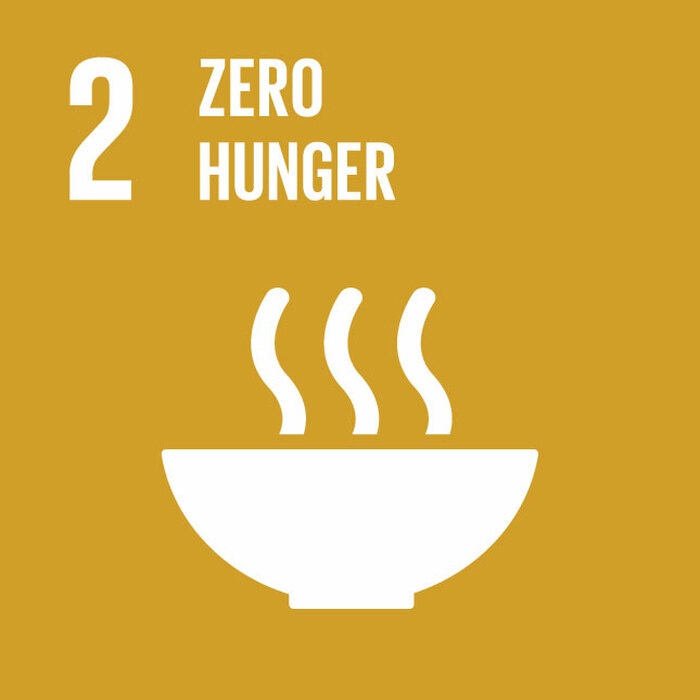
Goal #2: Zero Hunger
Definition: End hunger, achieve food security and improved nutrition, and promote sustainable agriculture.
Helena’s Role: Feeding the world starts with responsible agronomic practices. We believe in the power of science-backed recommendations, focusing on the 4Rs of fertility — right source, right rate, right time, and right place — to maximize crop yields without compromising environmental health. As we strive to support global food security, we uphold the principle that “a well-fed person has many needs; a hungry person has but one.” Through our guidance, resources, and innovations, we help farmers optimize their yields and contribute to ending hunger worldwide.
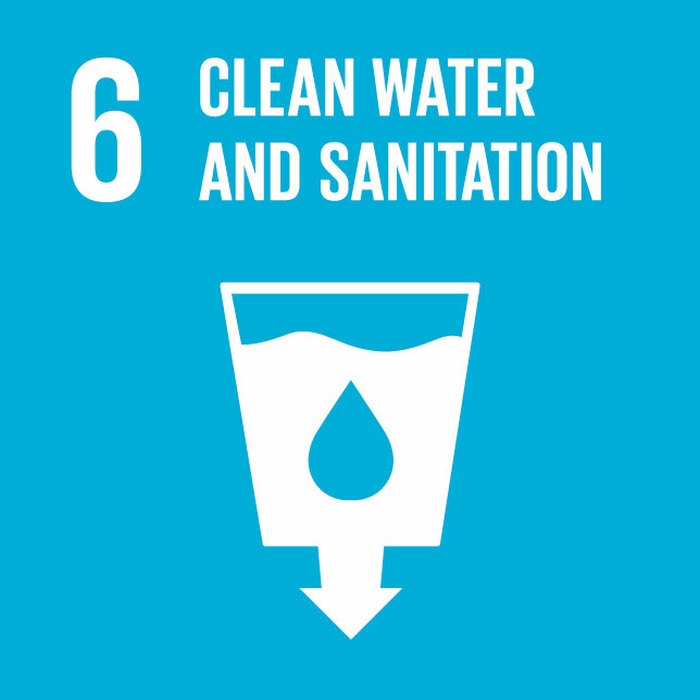
Goal #6: Clean Water and Sanitation
Definition: Ensure availability and sustainable management of water and sanitation for all.
Helena’s Role: Water is fundamental to life and a vital resource in agriculture. Recognizing its importance, we invest heavily in research and development to improve water use efficiency, conservation, and quality in farming practices. Protecting and managing this precious resource goes hand-in-hand with sustainable agriculture. Our solutions are designed to balance water needs with crop production, ensuring we’re not only growing food but doing so in a way that safeguards our water supplies for future generations.
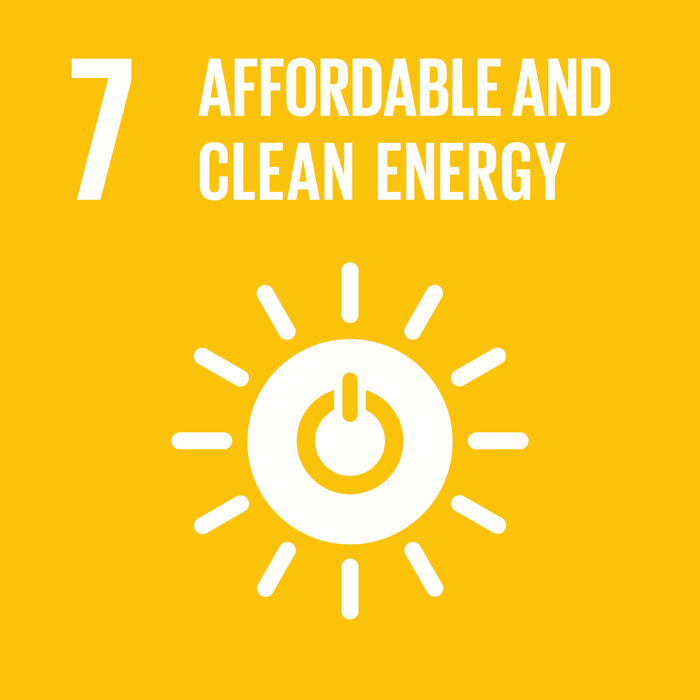
Goal #7: Affordable and Clean Energy
Definition: Ensure access to affordable, reliable, sustainable, and modern energy for all.
Helena’s Role: Energy is central to greenhouse gas emissions, and at Helena, we believe everyone must do their part to reduce energy consumption and improve efficiency. By evaluating our operations through Scope 1, 2, and 3 calculations, we’re committed to using energy in the most sustainable way possible. From renewable energy projects to minimizing our energy footprint, we are continually evolving our practices to support cleaner energy solutions across the agricultural industry.
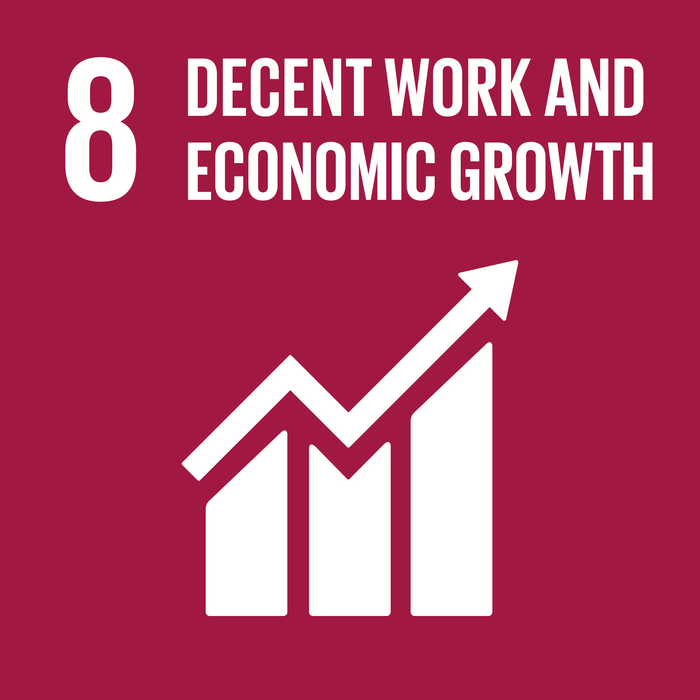
Goal #8: Decent Work and Economic Growth
Definition: Promote sustained, inclusive, and sustainable economic growth, full and productive employment, and decent work for all.
Helena’s Role: Economic growth is the foundation of a sustainable business and sustainable agriculture. Our innovations drive more environmentally-friendly practices, but we also recognize the need to grow production to meet the world’s demands. Helena’s economic growth allows us to better serve employees, customers, and communities, fostering sustainable agriculture while generating jobs and supporting livelihoods. By embracing advancements and increasing productivity, we’re enhancing the sustainability of the agricultural economy.
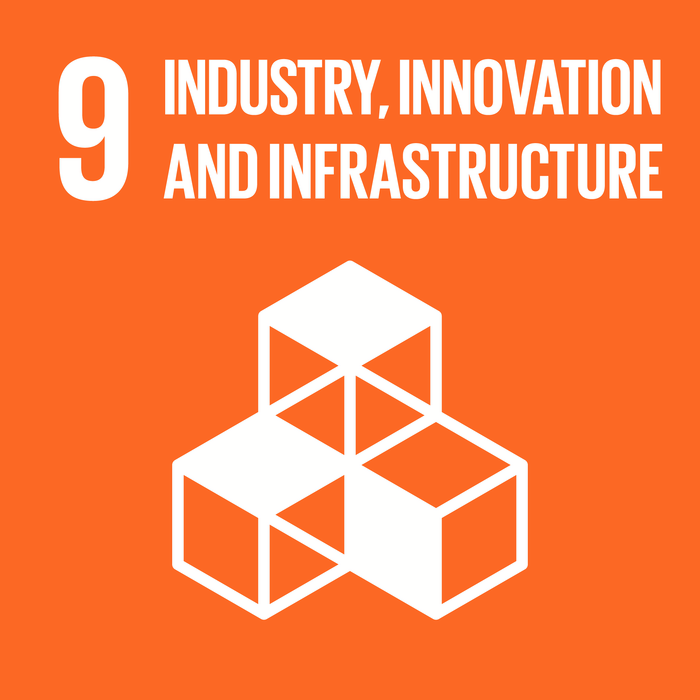
Goal #9: Industry, Innovation, and Infrastructure
Definition: Build resilient infrastructure, promote inclusive and sustainable industrialization, and foster innovation.
Helena’s Role: Innovation is at the core of Helena’s work. With more than 300 patents, trade secrets, and EPA registrations, we are continuously advancing agricultural technologies. Through Helena Industries and our Product Group, we invest in resilient infrastructure and sustainable solutions to support the industry. Our commitment to innovation enables us to create products that improve farming efficiency, protect natural resources, and drive sustainable agricultural practices.
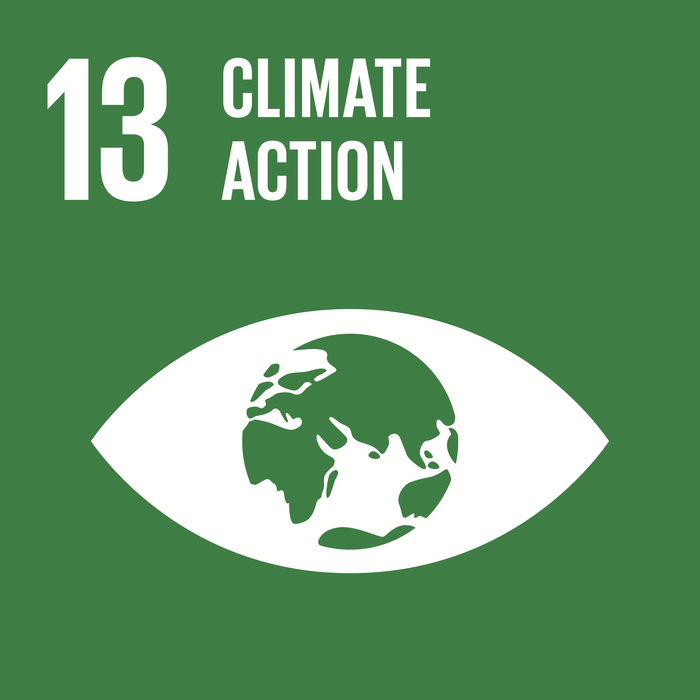
Goal #13: Climate Action
Definition: Take urgent action to combat climate change and its impacts.
Helena’s Role: Since 2019, Helena has been measuring and reporting greenhouse gas (GHG) emissions, setting goals to reduce emissions wherever possible. We’re engaged in GHG reduction projects across all three scopes — direct, indirect, and supply chain-related emissions. By collaborating on carbon programs in eight cropping systems, we’re taking concrete steps to lower agriculture’s climate footprint. Our approach to climate action includes both avoidance of emissions where possible and pilot programs that reduce unavoidable emissions, with a focus on implementing new, sustainable technologies.
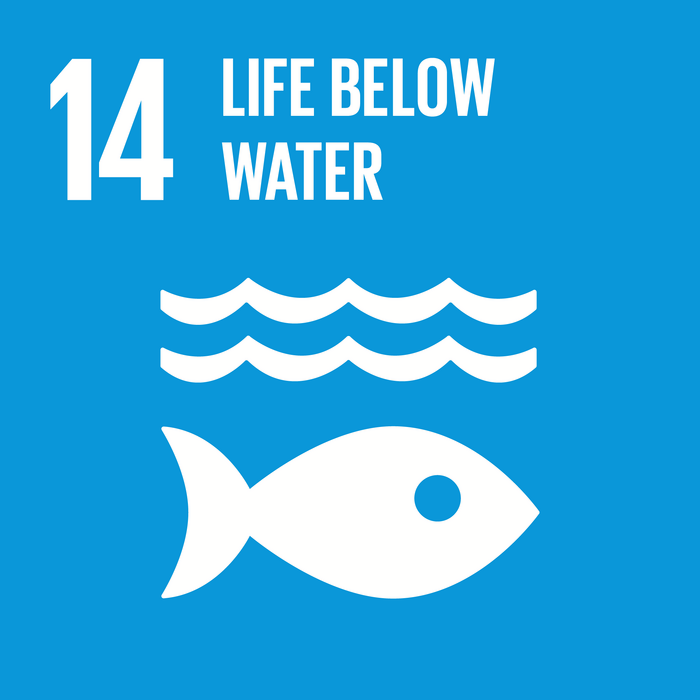
Goal #14: Life Below Water
Definition: Conserve and sustainably use the oceans, seas, and marine resources for sustainable development.
Helena’s Role: Agriculture has a direct impact on water quality, particularly through nutrient runoff. Helena supports the 4Rs of nutrient management to reduce the impact on water systems and prevent hypoxia in marine environments. Through partnerships with organizations like America’s Clean Water Alliance (ACWA), we are promoting voluntary actions to protect water quality. Education, awareness, and innovative fertilization practices are our tools to support healthy aquatic ecosystems while sustaining agricultural productivity.
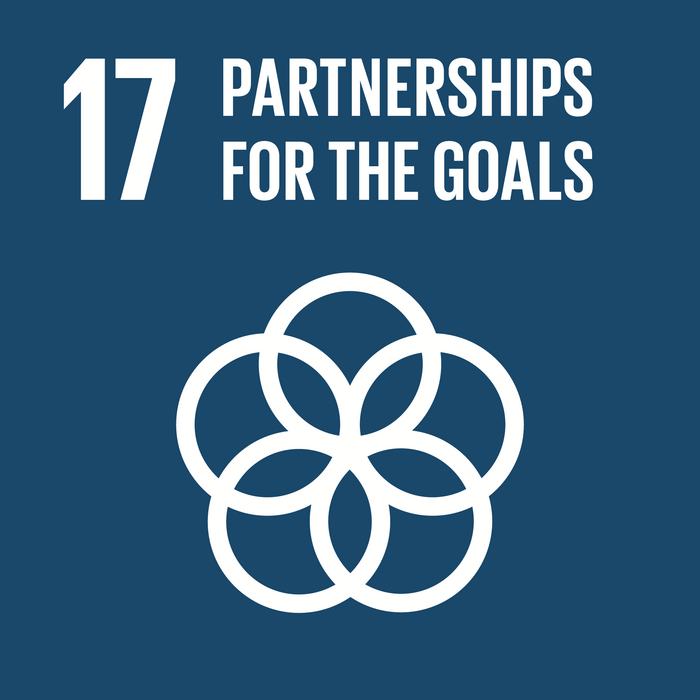
Goal #17: Partnerships for the Goals
Definition: Strengthen the means of implementation and revitalize the global partnership for sustainable development.
Helena’s Role: We understand that achieving these global goals requires collaboration. From grower financing and technology adoption to investment in research and development, Helena is building partnerships that empower our customers and strengthen the entire agricultural sector. We work closely with farmers, suppliers, and research institutions to drive forward sustainable practices. By investing billions in infrastructure and exploring new technologies, we are committed to supporting farmers in ways that enhance their productivity, resilience, and long-term success.
